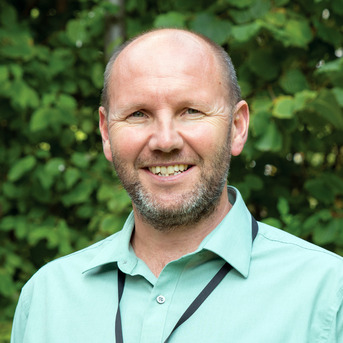‘More Contact’ With Birth Families for Adopted Children
A very welcome recent report on adoption practice from a group set up by the most senior judge in the family court, says wholesale reform of the adoption system is needed.
These very welcome reforms will bring contact between adopted children and their birth parents much closer to the practice in fostering where contact with birth families is commonplace. This modernisation of adoption is long overdue. It is the most draconian of state interventions in family life and the recommended reforms appear to be empathetic, child-centred and reflect modern realities. Adoption numbers are in long-term decline and these reforms will not change that but they will be transformative for the children for whom adoption is the best option.
Foster care is already the permanence option for 75% of children in the care system and is likely to remain so for the foreseeable future. It offers stability, consistency, care and love and can, and does, deliver fantastic outcomes for children. Families considering adoption might instead look to fostering as an option.

“Children do not see legal orders. They only see, and feel, the quality of the care, stability, consistency and love they get.”
Andy Elvin, TACT CEO
There are a variety of family types that can meet the long-term needs of vulnerable children, and each case must be judged on its merits. It is heartening to see a renewed focus on keeping children with birth parents and the rise in kinship families is good news, but must be matched by the support kinship carers receive – being much more in line with support for foster carers. Residential care is important for a number of young people. However, much work is needed to fix the broken residential sector and deliver high quality residential care that is local to young people’s home area.
Permanence, stability, quality of care and avoidance of delay are the factors which most affect children’s welfare and their future chances in life. It is vital that we find the right option for every child as early as possible, whatever that option is. It may be back with the birth parents. If so, it is crucial they are given the same level of support that would be available if the child had been placed with relatives, adopters or foster carers. It is a continuing failure of the system that the level of support varies so widely between children in different types of families.
Children do not see legal orders. They only see, and feel, the quality of the care, stability, consistency and love they get. As professionals we must not allow ourselves to be steered into silo thinking with children receiving different levels of service because they happen to be placed on a special guardianship order, not an adoption order or a section 31 care order. Regional Care Co-Ops (RCC’s) are an excellent idea and present an opportunity to end the silo approach and see children, the families who care for them and their needs. RCC’s must be providers and partners (partnership , rather than commissioning, must be the aim). Having fifteen regional teams supporting all family types and able, by dint of size , to offer residential and secure care (directly or with partners) – this could offer the transformative change required. It is vital the DfE ensure RCC’s are ‘full fat’ and do not allow LA’s to make token changes whilst leaving things largely as they are.
This opportunity to move to an inclusive approach towards all vulnerable children, rather than separating them into silos, gives me hope that we could see the start of a transformation for all children in care or whose permanent home has been decided by the family courts – whatever their family type.
Andy Elvin, TACT CEO
